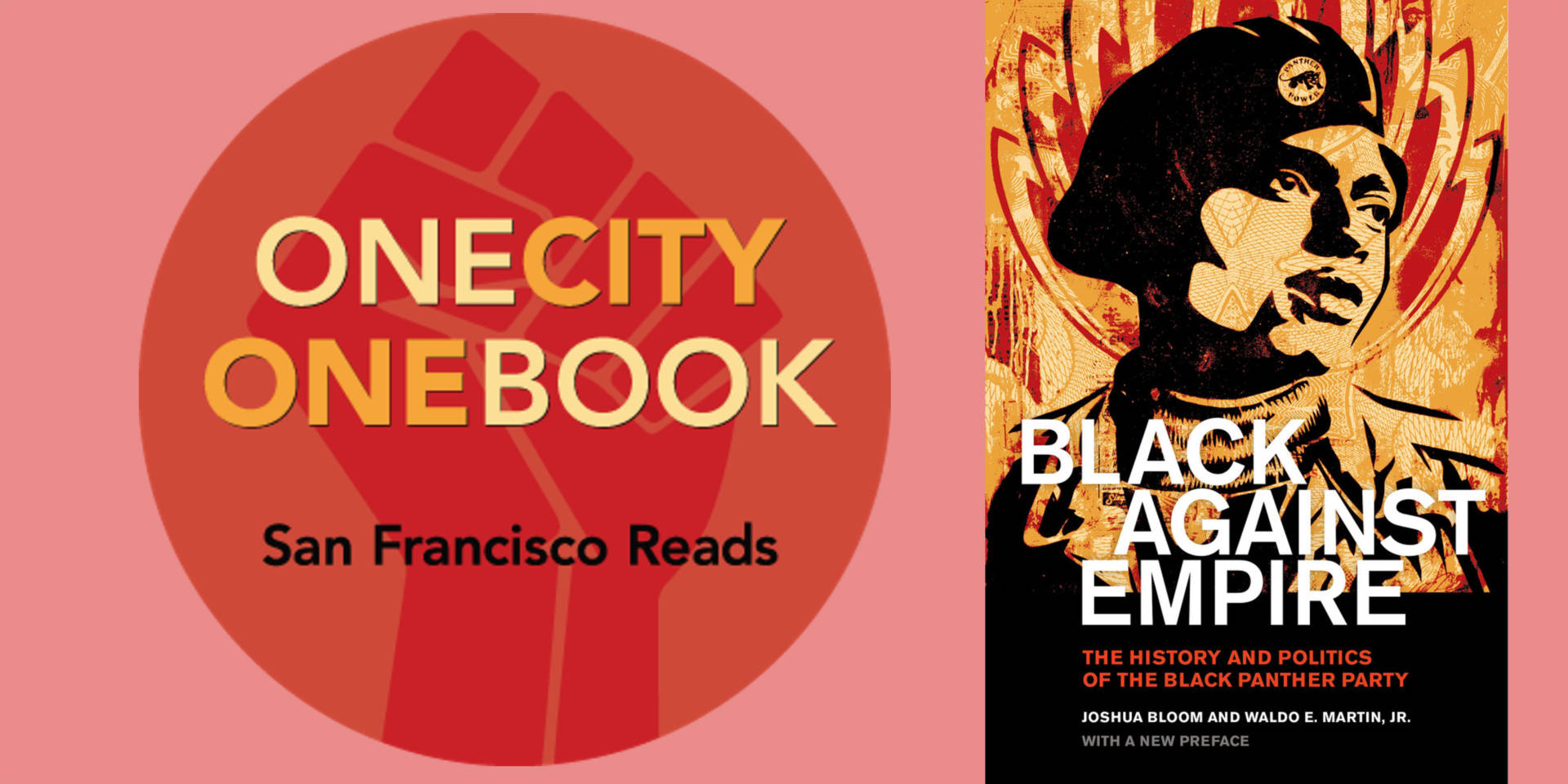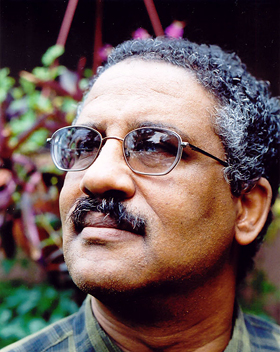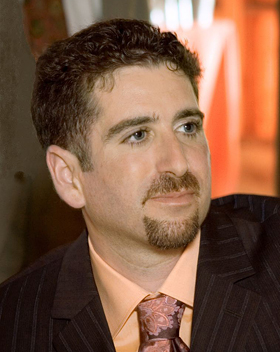Every year San Francisco chooses a book to read together, and this year the selection is Black Against Empire, an engrossing history about the Black Panther Party by Joshua Bloom and Waldo E. Martin.
This marks the first year the One City One Book pick is strongly academic, albeit one that Oakland’s Alicia Garza felt changed by — a few months after reading, she created #BlackLivesMatter. Winner of the American Book Award in 2014, Black Against Empire is a fascinating, sweeping study of the leftist movement that boldly fought for equal rights, opportunity, and freedom — with free breakfasts, freedom schools, free ambulances, health clinics, but also with desperate or even violent methods.
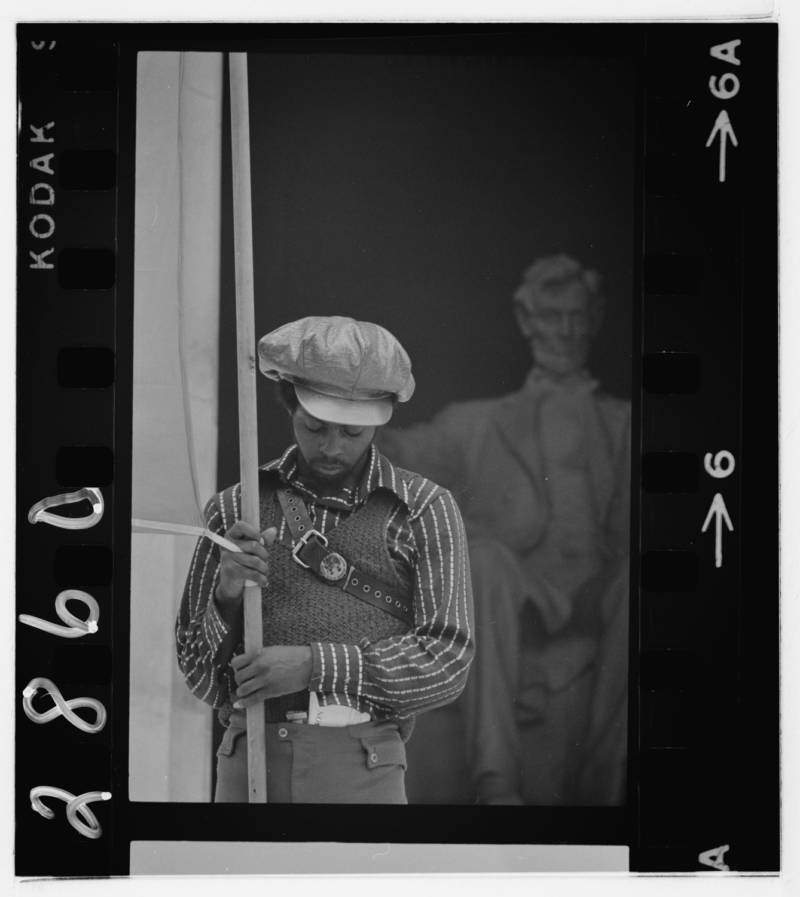
Bloom and Martin are meticulous analysts of the hotbed of national issues that fomented the rise of the Black Panthers, and in Black Against Empire, their research throws the larger national context — and thus how it might apply to our present times — into high relief. For the month of October, the Library extends a deep mediation on the Panthers and the history of the black community struggling for the basic rights that any other American takes for granted with an exciting array of programming, including film screenings, panels, and bicycle history tours.
At the San Francisco Public Library, Naomi Jelks, who helped pick the book, tells me Black Against Empire is resonant, comprehensive, powerful — a book that made her think of Alphonse Karr’s adage, “The more things change, the more they stay the same.” When I visit, it’s Saturday morning. There are no librarians around, but their individual stacks of books, left precariously balanced by desks and cabinets throughout the offices give the whole place the feel of suspended animation. The nooks and crannies above the cabinets are piled high with bright plastic top hats sporting queer book covers fastened to the sash (leftovers from a Pride event, I am told, and imagined by a staff member who worked in a circus.)
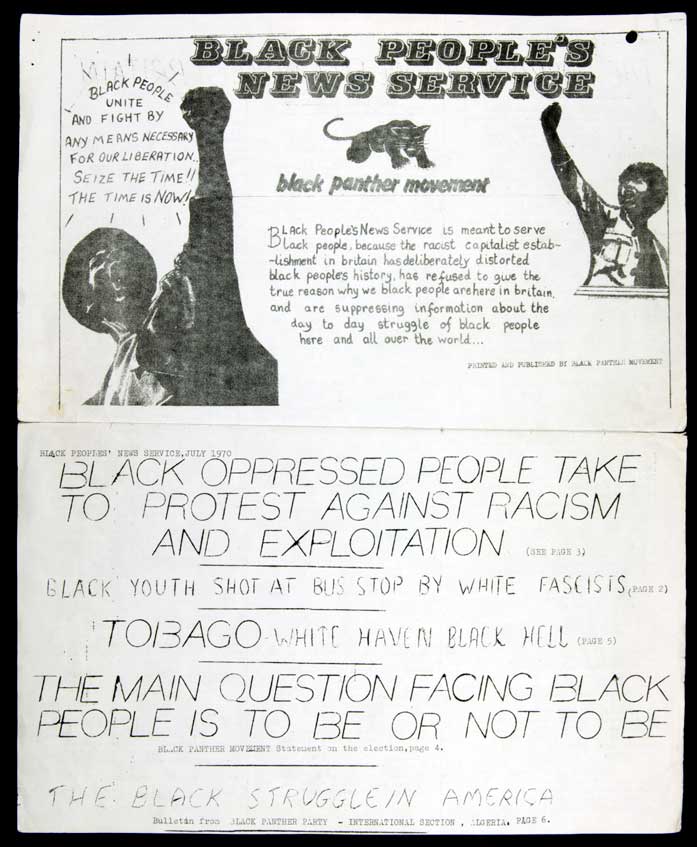
“The deciding factor in selecting this book really had to do with the times that we’re living in,” Jelks said. “Oakland was not only (in 1967) the birthplace of the Black Panthers, it was also the birthplace for the movement for Black Lives, or, #BlackLivesMatter. In the Bay Area, the struggle for black and brown communities is still in dealing with issues of police brutality, or struggles with creating respectful relationships with the police. We really wanted to have a space where we look at that history and how it applies in today’s world.”
